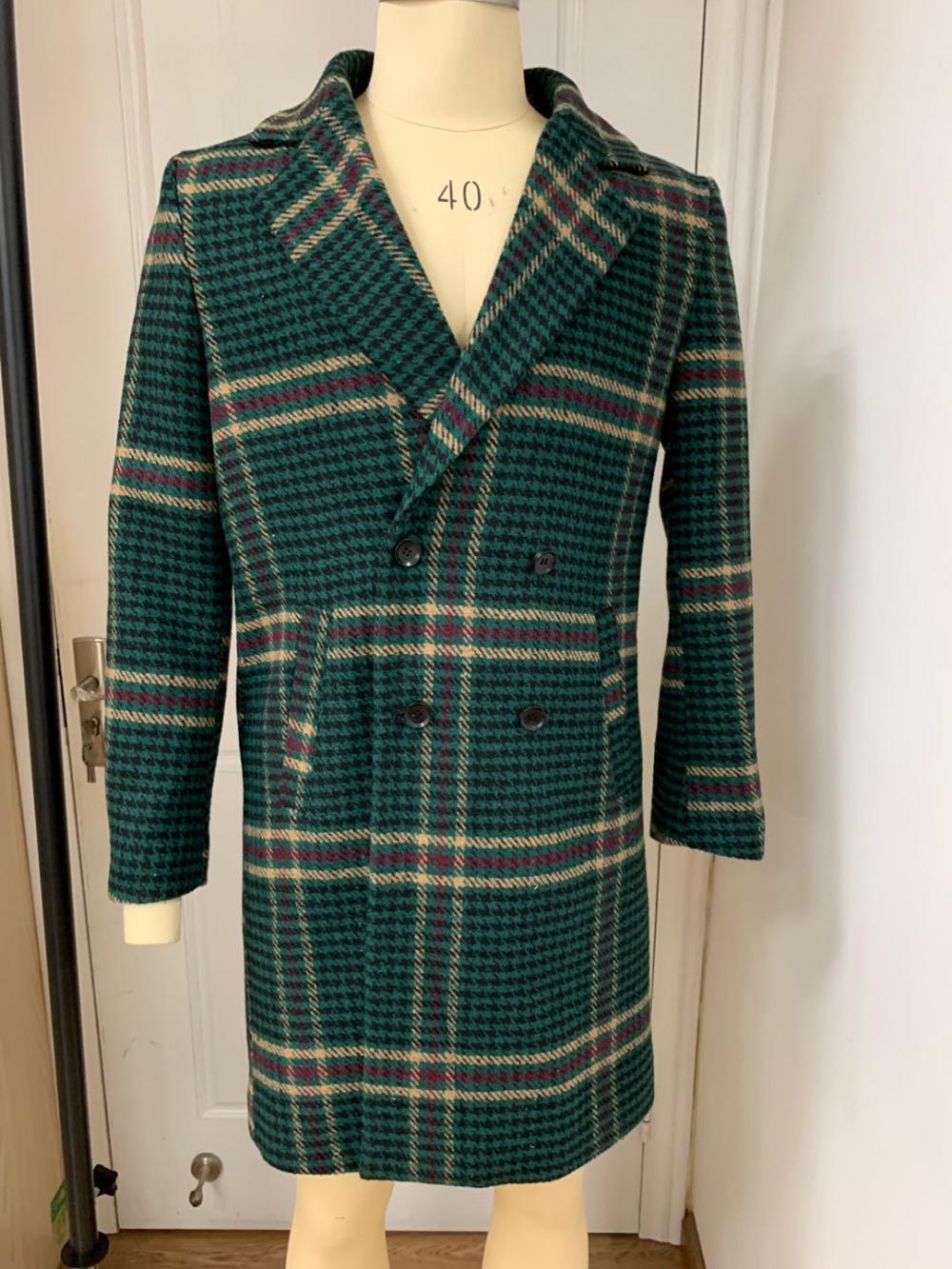Recently, AMRC, a research and manufacturing center of the University of Sheffield, UK, cooperated with Prodrive Composites to promote the process of manufacturing recyclable composite components, extending the service life of composite components and reducing mold costs. Prodrive Composites is known for providing innovative engineering solutions for the automotive, aerospace and marine industries. It also designs and manufactures advanced lightweight composites for automotive, automotive, aerospace, marine, defense and other specialty applications. The company has been working with AMRC's research engineers at the Advanced Manufacturing Research Center at the University of Sheffield to study the recycling concept of its P2T composites. P2T can be used to make recyclable composite components that meet the life of the product without any impact on the performance of the original part. The composite assembly has a longer life while simplifying the recycling process. Hannah Tu, head of the AMRC Composites Center, said that the automation of composite materials recycling can achieve the goal of medium and high production at a lower cost, paying attention to the recyclability of the materials used, and increasing the technology. The appeal of other industries. Since the P2T composite does not require heating or pressure during the manufacturing process, the autoclave is not required, thereby reducing the cost and expanding the production scale without a large investment. This process uses a reactive thermoplastic resin instead of a thermosetting resin. In the presence of fibers, the plastic monomer reacts with the catalyst to form a cured laminate. John McQuillam, principal engineer at Prodrive Composites, said that in the composites sector, recycling after the end of its useful life is one of the biggest challenges. This problem also confuses automakers and many other industries, such as the maritime industry. For example, old fiberglass boats are often dismantled and then sent to landfills. The main obstacle to recycling is the type of resin used, thermosetting resins predominate, but these resins are not easily recycled. In cooperation with AMRC, the company has produced a series of large test panels through automated and innovative processes. Compared to existing metal or composite solutions, the P2T process is unique in that it reduces mold costs and lead times. The advantage of the composite material produced by the P2T process is that it can be recycled multiple times. Its highest mechanical properties are obtained when the original fiber is used for the first time and are suitable for use in high-load structures. At the end of the life of the part, fibers and potential resins can be recycled to provide most of the raw materials for secondary parts such as body panels. When the second part reaches the end of its useful life, the thermoplastic part, it can also be cut and reshaped into new parts with suitable three-dimensional solid parts. This third-level part can be recycled several times to make low-level parts.
Step up your outfit game for the winter months with our favorite men's outerwear picks. Not only will you stay extra warm with a jacket or coat, but this also gives you an extra chance to flex your style.We also offer full-length topcoats and overcoats, too. With the perfect fit and shape, it`ll be your seasonal go-to with every single outfit.
Men'S Jackets,Faux Suede Jacket,Camel Suede Jacket,Double Breasted Coat Shaoxing Yidie Garment Co.,Ltd , https://www.yidiegarment.com